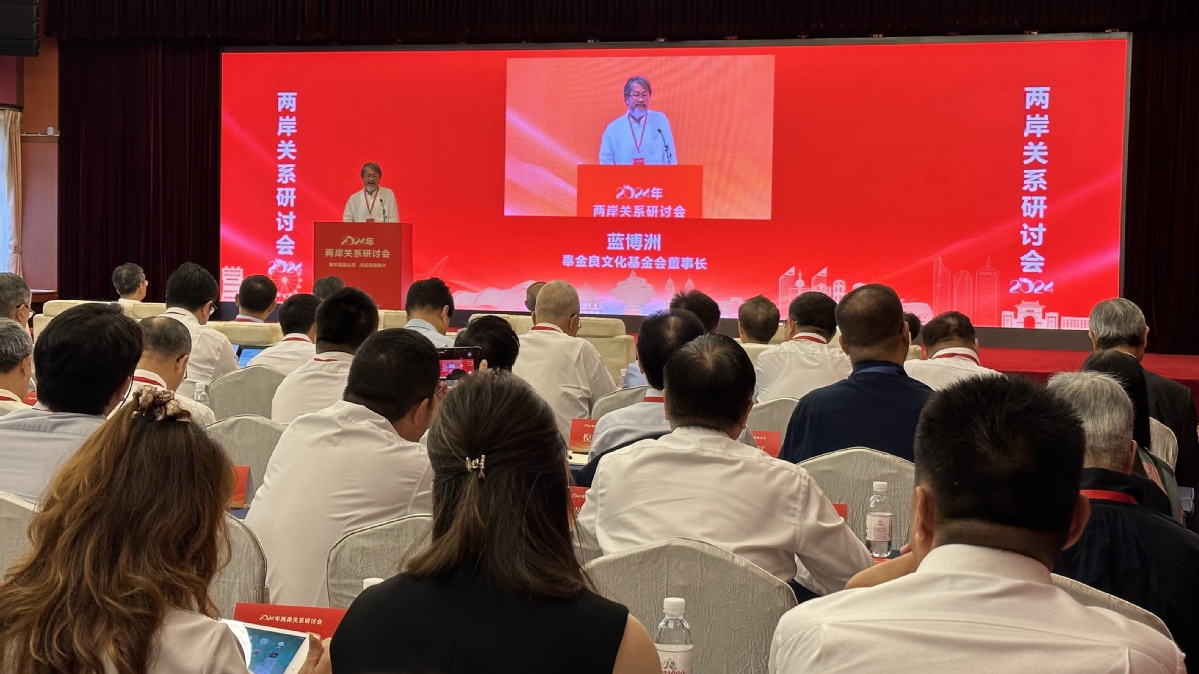Official calls for exposing harms of 'Taiwan independence' historical view


A senior Chinese mainland official called for exposing harms of the historical view of "Taiwan independence" by the Democratic Progressive Party (DPP) in Taiwan while enhancing confidence in the reunification of the two sides of the Taiwan Strait.
Qiu Kaiming, deputy director of the Taiwan Affairs Office of the State Council, called for upholding the one-China principle and opposing "Taiwan independence" separatism and external interference, during an annual cross-Strait relations seminar held in Qingdao, Shandong province.
Qiu criticized Taiwan's new leader Lai Ching-te for persistently advocating "independence" since taking office, fostering cross-Strait confrontation, obstructing exchanges, and attempting to seek "independence" through military means and foreign forces, disrupting peace in the Taiwan Strait and provoking the one-China principle, which the mainland will not tolerate and will firmly counteract.
Mentioning the recent introduction of judicial documents by the mainland to punish separatists, Qiu said the DPP authorities deliberately conflated the broader Taiwan population with a few separatists targeted by the documents, and their attempt to shift focus will not succeed.
About 140 scholars from both sides of the Strait attended the two-day seminar featured thematic speeches and group discussions on the fallacies and harms of the "Taiwan Independence" historical view and ways to eliminate them.
Chi Chia-lin, who heads the Reunification Alliance Party in Taiwan, said the DPP authorities made the "Taiwan independence" historical view to create hatred towards the mainland within Taiwan society and instill fear of reunification of the two sides.
Bao Chengke, deputy director of the Shanghai Institute of East Asian Studies, said that the mainland has employed various measures in military, economic and judicial domains to combat separatist actions.
He said it's important to heighten vigilance against "Taiwan independence" efforts while deepening cross-Strait exchanges to promote a correct historical perspective among more individuals.
- Snapshots of Chinese space station passing in front of sun
- China accelerates nuclear fusion engineering, targeting power generation demonstration by 2030
- Xinjiang leads China in cross-border rail traffic, central Asian connectivity in 2025
- Astronauts say training helped ensure safe return
- FAST reveals insights into cosmic signals
- Year's first private rocket mission takes off




































